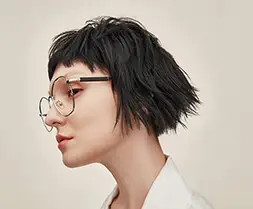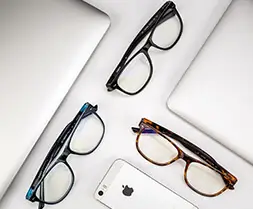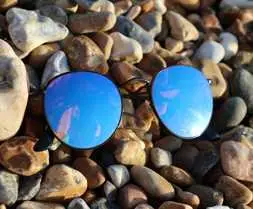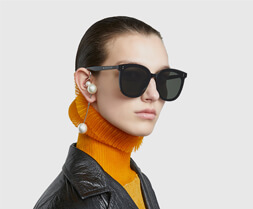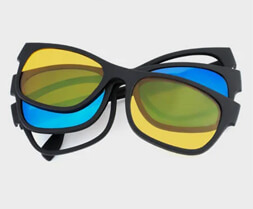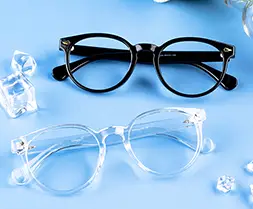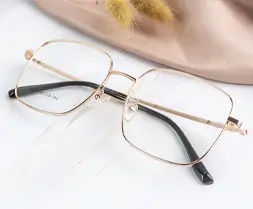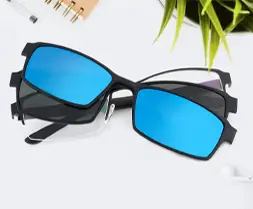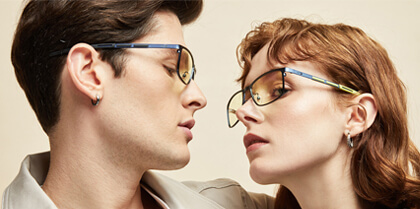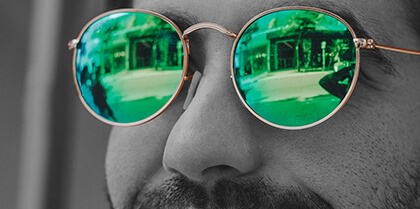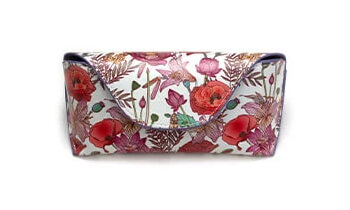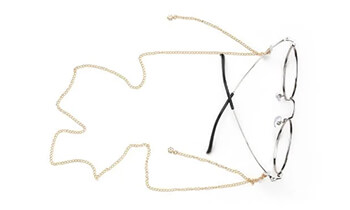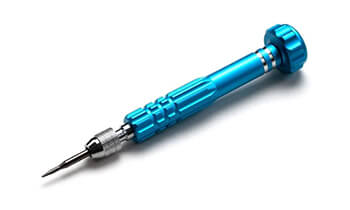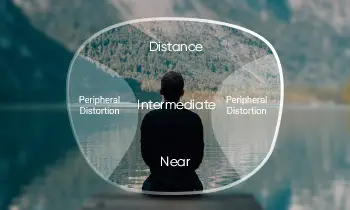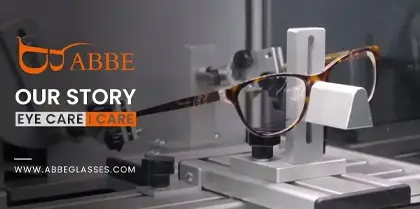I. Introduction
Exposure to ultraviolet (UV) radiation from the sun can have harmful effects on the eyes, including the development of cataracts, macular degeneration, and other eye conditions. That's why UV protection is essential, not only for the skin but also for the eyes. In this article, we will focus on UV protection's importance in eyeglasses and sunglasses.
II. Types of UV Radiation
Ultraviolet (UV) radiation is a type of energy that is produced by the sun and is invisible to the naked eye. UV radiation is divided into three different types: UVA, UVB, and UVC. UVC is the most harmful type of UV radiation, but it is absorbed by the Earth's atmosphere and does not reach the Earth's surface. UVA and UVB radiation, on the other hand, can both cause damage to the skin and eyes, making it important to understand the differences between them.
1. UVA Radiation
UVA radiation is the most common type of UV radiation, and it is the type that penetrates the deepest into the skin. UVA radiation is present all year round, even on cloudy days, and it can pass through windows and clothing. UVA radiation is responsible for premature skin aging, such as wrinkles and age spots, as well as some skin cancers.
2. UVB Radiation
UVB radiation is the type of UV radiation that is most responsible for sunburns. It is the second most common type of UV radiation, and it is more intense during the summer months and at higher altitudes. UVB radiation is also a major cause of skin cancer, particularly melanoma. Unlike UVA radiation, UVB radiation does not penetrate glass and is therefore less likely to reach the skin when indoors.
III. Understanding UV Protection in Glasses
UV protection is an important feature to consider when choosing glasses, whether they are prescription eyeglasses, sunglasses, or non-prescription eyewear. Exposure to UV radiation can lead to a range of eye conditions, including cataracts, macular degeneration, and photokeratitis (a painful condition caused by sunburn of the cornea).
Fortunately, many glasses now come with UV protection built in. When shopping for glasses, look for lenses that block 100% of UVA and UVB radiation. It's also important to note that the darkness of the lens does not necessarily indicate how much UV protection it provides. Even clear lenses can offer UV protection if they are specifically designed to do so.
1. UV Protection in Lens Material
There are several types of lens materials that are commonly used for glasses, each with its own benefits and drawbacks when it comes to UV protection:
1) Polycarbonate: This type of lens material is impact-resistant and lightweight, making it a popular choice for sports and safety glasses. Polycarbonate lenses also provide good UV protection.
2) Trivex: Trivex is a newer lens material that is similar to polycarbonate in terms of its durability and UV protection. It may be a good choice for those with strong prescriptions or for those who want the benefits of polycarbonate without the slight distortion that can sometimes occur with that material.
3) Glass: Glass lenses are scratch-resistant and can provide excellent optics, but they are not as impact-resistant as polycarbonate or trivex. Glass lenses can also provide good UV protection, but they may be heavier than other types of lenses.
4) High-index plastic: High-index plastic lenses are thinner and lighter than traditional plastic lenses, making them a good choice for those with strong prescriptions. Some high-index plastic lenses may also offer UV protection, but it's important to check with the manufacturer or optician to be sure.
In addition to the type of lens material, the design of the glasses can also affect their UV protection. Wraparound styles can provide better coverage and protection than traditional styles, as they can help to block out more of the sun's rays from the sides.
2. Sunglasses UV Protection
Sunglasses are a popular way to protect your eyes from the harmful effects of UV radiation. When shopping for sunglasses, it's important to look for lenses that offer 100% protection against UVA and UVB radiation. This will help to protect your eyes from the sun's harmful rays, and can also help to prevent long-term damage to your eyes.
1) Look for sunglasses that have a specific description or response indicating that they offer 100% UVA and UVB protection. This is the best way to make sure your sunglasses protect your eyes from the sun's harmful rays.
2) Consider the color of the lenses. While the darkness of the lenses does not necessarily indicate how much UV protection they provide, some colors can be better for certain activities. For example, gray or green lenses can provide good color perception and are a good choice for driving or outdoor sports, while yellow or orange lenses can enhance contrast and are a good choice for low-light conditions.
3) Consider the shape of the sunglasses. Wraparound styles can provide better coverage and protection than traditional styles, as they can help to block out more of the sun's rays from the sides. However, any sunglasses with 100% UVA and UVB protection will offer some degree of protection.
4) Don't assume that all polarized sunglasses offer UV protection. While polarized lenses can be a good choice for reducing glare and improving visibility in bright conditions, they do not necessarily provide better UV protection than non-polarized lenses. Look for sunglasses that offer 100% UVA and UVB protection, regardless of whether they are polarized or not.
5) Consider the material of the lenses. Polycarbonate and trivex lenses are both good choices for sunglasses, as they are impact-resistant and provide good UV protection. Glass lenses can also provide good UV protection, but they may be heavier than other types of lenses.
6) Consider the fit of the sunglasses. Sunglasses that fit properly will offer the best protection, as they will help to block out more of the sun's rays. Look for sunglasses that fit snugly but comfortably around your head, and that do not slide down your nose or allow light to enter from the sides.
IV. Conclusion
In conclusion, protecting your eyes from UV radiation is important for maintaining good eye health and preventing long-term damage. Whether you wear eyeglasses or sunglasses, it's important to choose lenses that offer 100% protection against UVA and UVB radiation. This will help to protect your eyes from the sun's harmful rays, and can also help to prevent cataracts, macular degeneration, and other eye conditions that can be caused by long-term exposure to UV radiation.
When shopping for eyeglasses or sunglasses, consider the color, shape, material, and fit of the lenses, and look for products that have been specifically designed to provide maximum UV protection. With the right eyewear, you can enjoy the outdoors and protect your eyes from the sun's harmful rays at the same time. Remember to wear your sunglasses or prescription glasses whenever you are outside during the day, and visit your eye doctor regularly to ensure that your eyes are healthy and well-protected.


